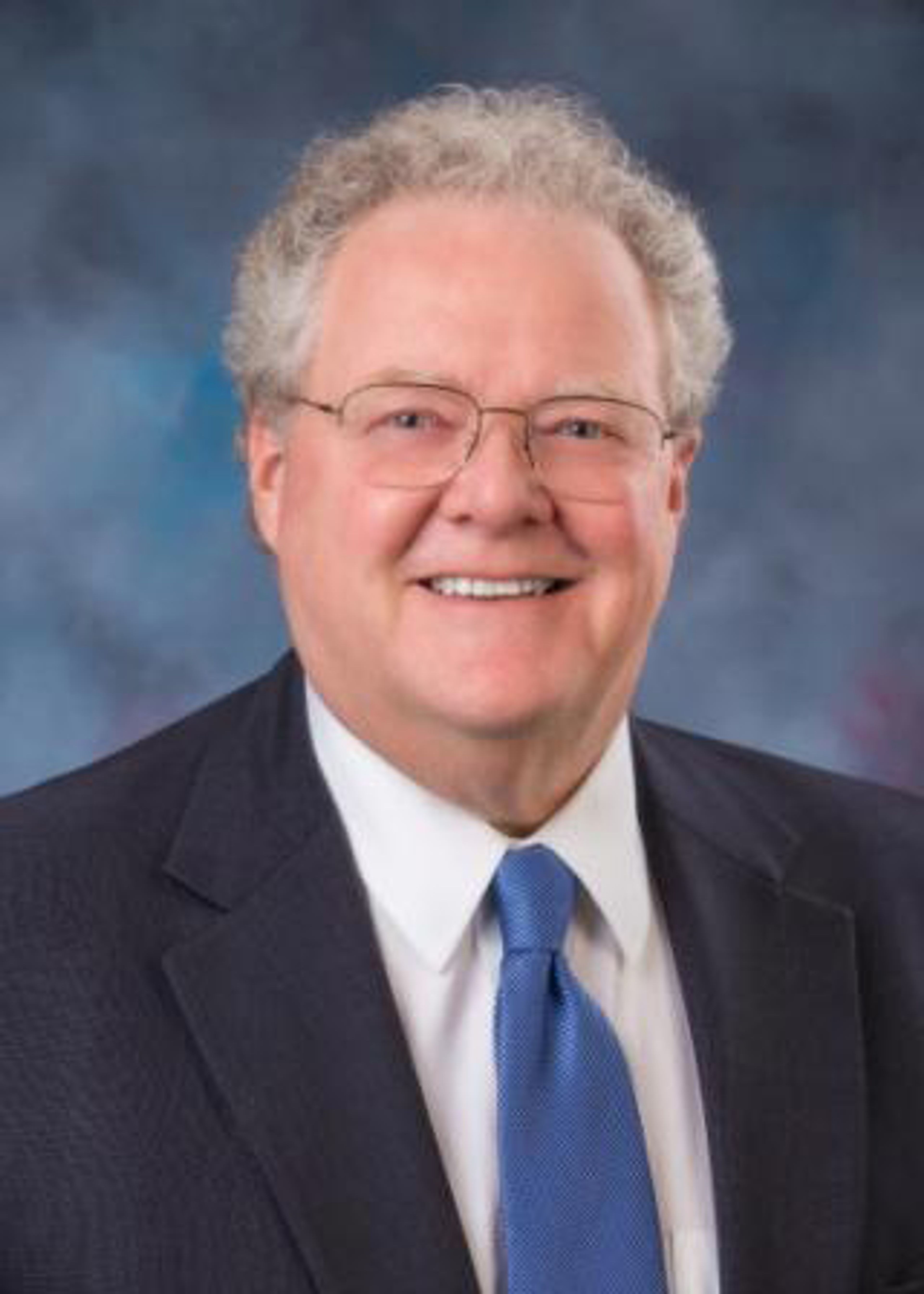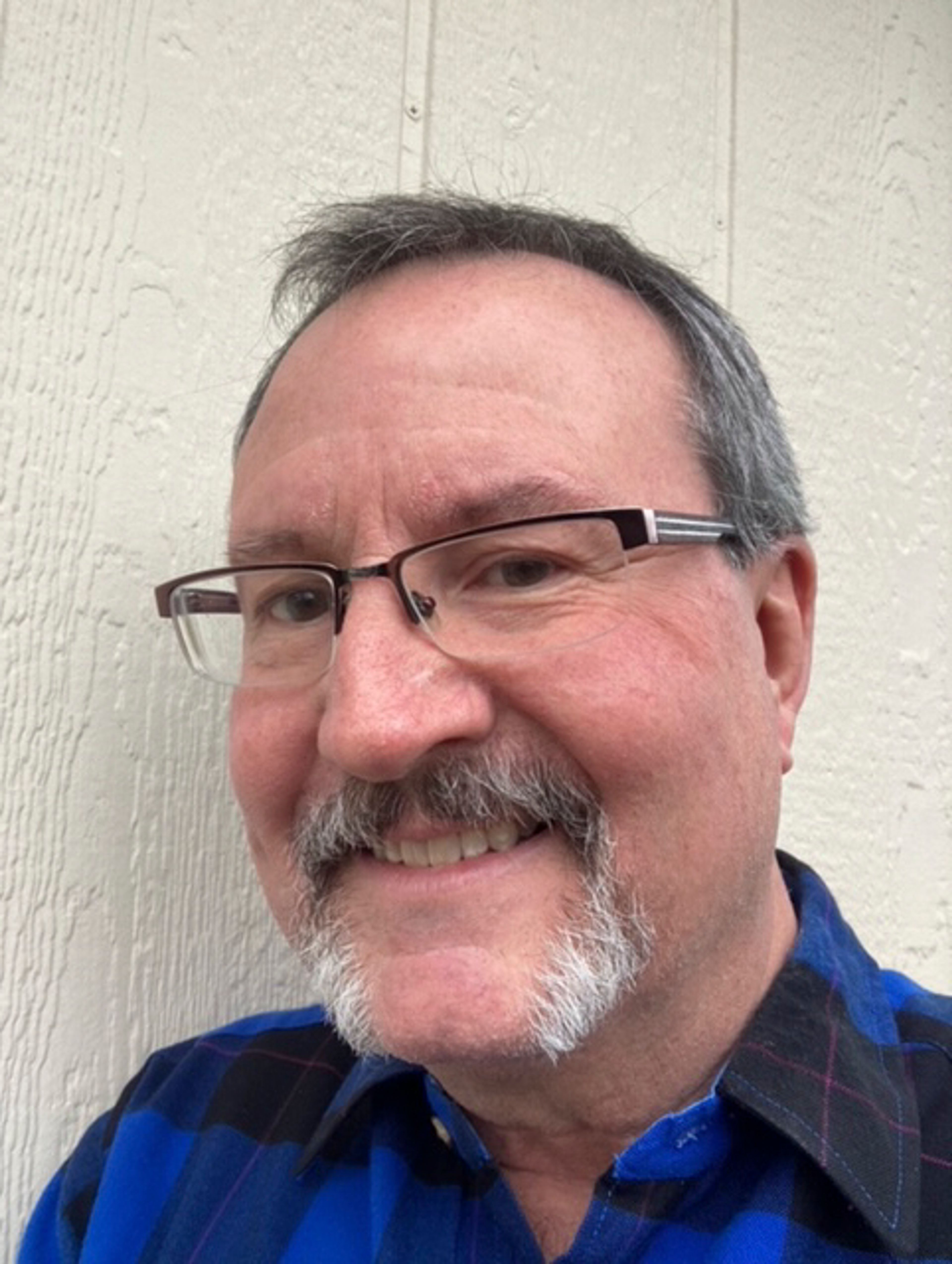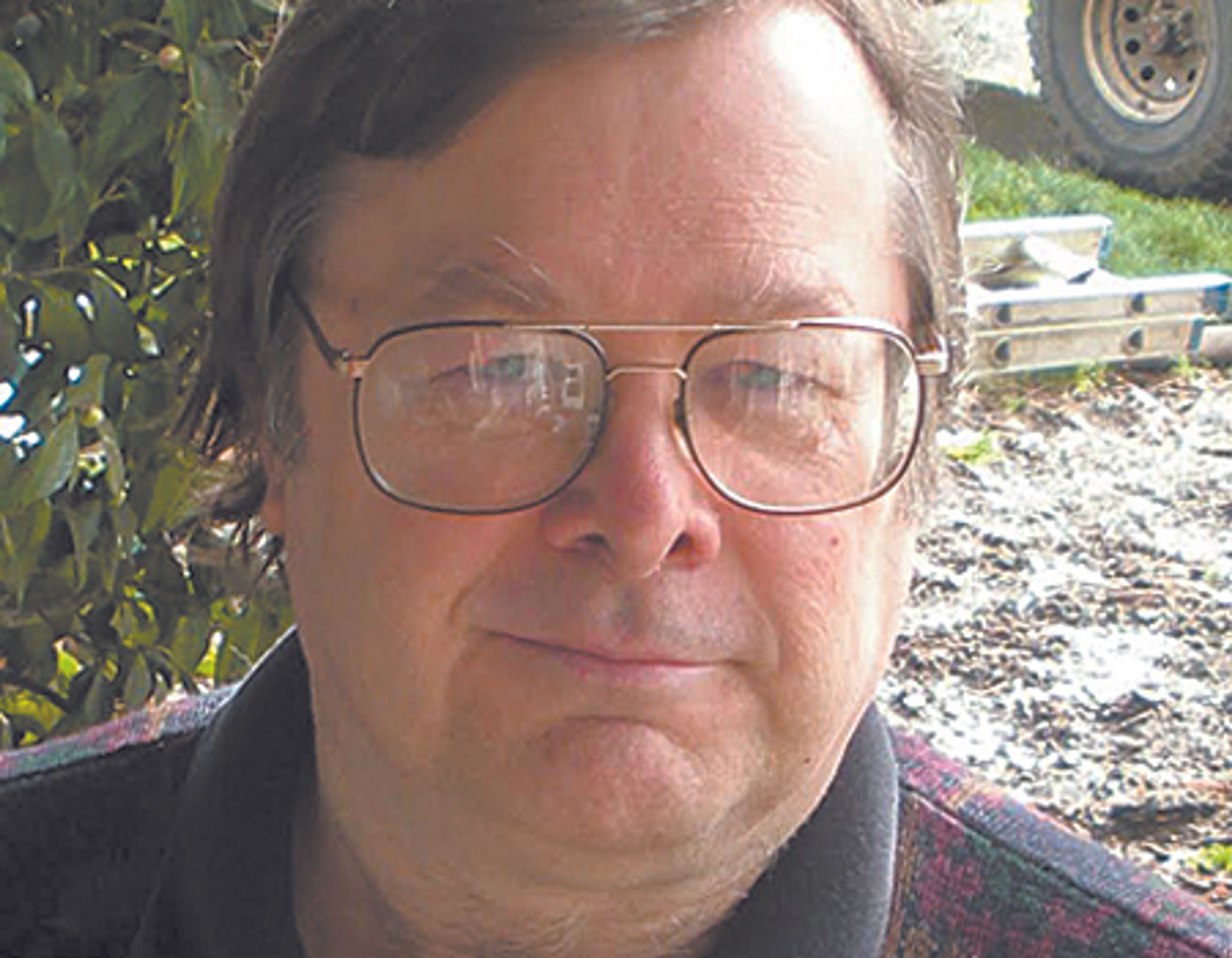OPINION: Proposition 1 works for Idaho voters, not the power brokers
In his column in Sunday’s Lewiston Tribune, Bob Hassoldt resorted to disappointing but expected fearmongering about Idaho’s Proposition 1. Idaho is a place of strong values, where independence, fairness and community matter. Unfortunately, our political system no longer reflects these principles. Proposition 1 offers a way to restore balance, broaden voter participation and ensure that our party’s values reflect those of all Idahoans
However, there has been misleading information circulating about the ballot initiative. Let’s set the record straight.
What Proposition 1 actually does:
Proposition 1 seeks to open Idaho’s taxpayer-funded primary elections to all voters, regardless of party affiliation. Back in 2011, politicians closed our primaries, meaning we can only vote for candidates who align with our party. Today, that seemingly simple decision has left more than 275,000 independent Idaho voters locked out of the process unless they register with a political party. This initiative would change that, giving all Idahoans a voice in choosing candidates who end up on the ballot in November.
In the general election, it would introduce ranked choice voting. The straightforward system gives voters the option of ranking up to four candidates. It ensures candidates with broad citizen support win.
Why Proposition 1 is on your ballot:
This initiative was dreamed up by Idahoans who were tired of feeling like their voices weren’t heard in our elections. What started as an idea grew into a grassroots movement of 2,000 volunteers who went out into their communities and collected 97,000 signatures from Idahoans in all 44 counties.
The very fact that this initiative made it to the ballot is a testament to these passionate Idaho voters. These people are fighting for more and better choices in our elections, the chance to hold lawmakers accountable and to have a real say in who represents them. They know Proposition 1 would give power back to the voters instead of the powerful party elites who currently dominate our system.
Debunking the myths:
Critics are resorting to misleading claims about election complexity, security and costs. Ranked choice voting is already being used successfully across the country — in places such as Salt Lake City and in states such as Maine and Alaska. And anyone who worries about complexity might appreciate that it uses third-grade math to rank candidates by preference. It’s a simple way to ensure broad support for the winning candidate.
Moreover, Idaho’s election officials are fully capable of implementing this system securely and affordably. In fact, in places where ranked choice voting is used, election results are finalized quickly, ensuring a smooth process without unnecessary delays and eliminating the need for costly runoff elections.
Low turnout, high stakes:
In the 2024 Republican primary, only 206,902 Idahoans voted — just 35.3% of registered Republicans and a mere 20% of all registered voters. This low participation means a small subset of voters holds outsized influence, skewing election outcomes in favor of candidates who cater to narrow interests.
When only a fraction of eligible voters decides who represents us, we all lose. Candidates are incentivized to pander to smaller groups, leaving the broader population feeling disconnected from the process. When candidates are forced to win over only a tiny slice of the electorate, they become more focused on pleasing fringe groups than on representing the broad concerns of everyday Idahoans. This leads to more divisiveness, more polarization and a government that feels increasingly distant from the needs of ordinary people.
Why the opposition? Follow the power:
It’s no surprise that some of Idaho’s most powerful politicians and party elites are against Proposition 1. The current system benefits them. It’s easier to win an election when you only have to appeal to a small, like-minded group of voters. It’s easier to maintain power when you follow orders from special interest groups and dark money.
Opposition to Proposition 1 comes from those who fear losing their grip on power. They’ve thrived under the current system, and they don’t want to see it change. But Idaho’s political system shouldn’t exist to protect the interests of a few — it should work for everyone.
How the GOP can benefit:
Some Republicans worry that open primaries might weaken the party’s influence, but I believe it can do the opposite. Proposition 1 isn’t about taking power away from one party; it’s about restoring power to the voters. It’s about ensuring that elections reflect the true will of the people — not just the preferences of party insiders and special interests. And it’s about building a stronger, more accountable political system that serves all Idahoans.
By allowing all voters to participate, we’re giving the GOP a chance to build candidates who can speak to every Idahoan. It strengthens the party by making the party more competitive and more reflective of Idaho’s broad values.
A vote for the future:
Proposition 1 is about giving Idaho voters more and better choices in how our state is run. It’s about ensuring everyone’s voice is heard, not just the voices of the most powerful factions of the political spectrum. It’s about creating a system that works for all of us — Republicans, Democrats, independents and everyone in between.
For my grandkids, and for every young Idahoan, this initiative represents hope. They deserve to inherit a political system where their vote counts, where politicians have to appeal to — and be accountable to — all voters. Proposition 1 is about the future and we can’t let fear of change hold us back from leaving an Idaho legacy to be proud of.
So when you head to the polls in November, ask yourself: Who does the current system really serve? And who will benefit from Proposition 1? The answer is clear. Idaho will benefit. And the future of our state will be stronger because of it.
Peterson is a retired attorney, former Idaho State Bar president and elected Republican precinct committeeman in Nez Perce County.









